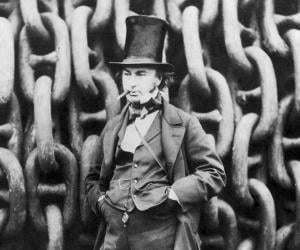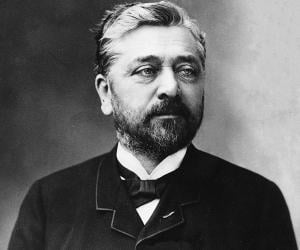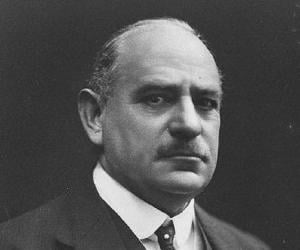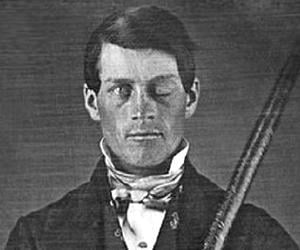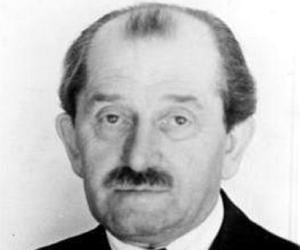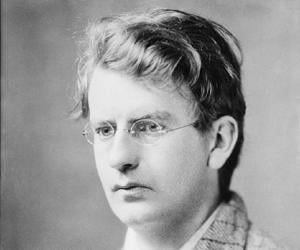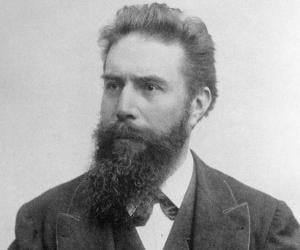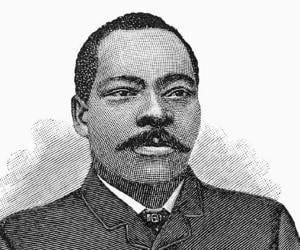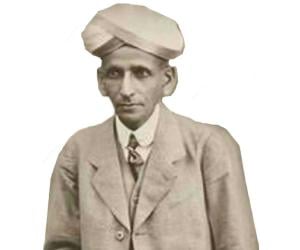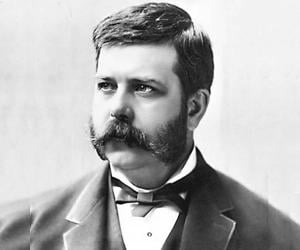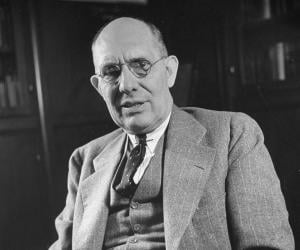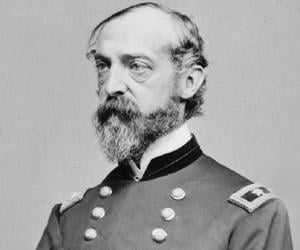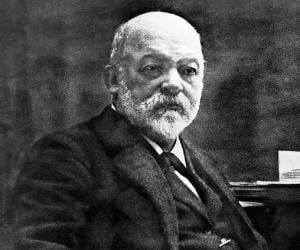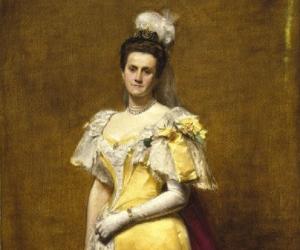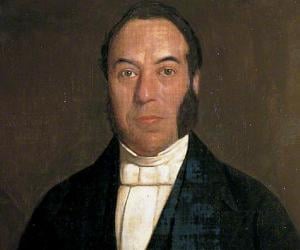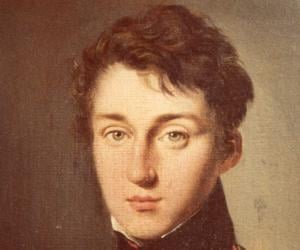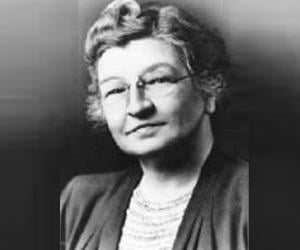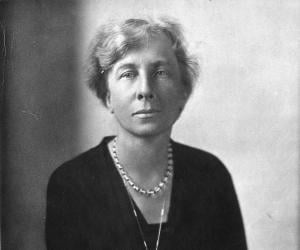English civil engineer, Isambard Kingdom Brunel, is considered "one of the most ingenious and prolific figures in engineering history." Considered a major figure of the Industrial Revolution, he built docks, a series of steamships, and many important bridges and tunnels. He was placed second in a BBC public poll to determine the "100 Greatest Britons" in 2002.
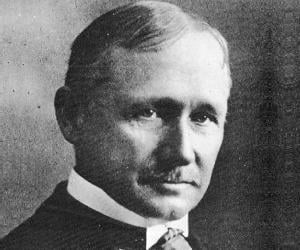
American inventor, mechanical engineer and an accomplished tennis and golf player, Frederick Winslow Taylor, regarded as the father of scientific management, sought to improve industrial efficiency. His approach on scientific management, referred to as Taylorism, has significantly influenced development of industrial engineering and production management. His monograph, The Principles of Scientific Management, laid out his views on principles of scientific management.
John Monash was an Australian military commander during World War I. He played a major role in the Gallipoli campaign, which took place from February 1915 to January 1916 on the Gallipoli peninsula. John Monash is widely regarded as the most popular commander in Australian history and one of the most prominent allied generals of World War I.
Phineas Gage was a railroad construction foreman. He is best remembered for surviving an accident which destroyed much of the left frontal lobe of his brain; during the accident, a large iron rod was driven through his head. Gage's personality was said to have changed after the accident, which contributed immensely to studies about the brain's role in determining personality.
Ferdinand Porsche was an Austrian-German automotive engineer. He is credited with founding one of the most popular car companies in the world, Porsche AG. He is also credited with creating the Lohner-Porsche mixed hybrid, the first gasoline-electric hybrid vehicle. During World War II, Porsche was a prominent contributor to the German war effort.
Scottish inventor, electrical engineer, and innovator, John Logie Baird, is best known for demonstrating a working TV system in 1926. He then went on to invent the first viable purely electronic color TV picture tube and founded the Baird Television Development Company. He was inducted into the Scottish Engineering Hall of Fame in 2015.
Wilhelm Rontgen was a German physicist and mechanical engineer. He is best remembered for producing and detecting X-rays for which he was honored with the first Nobel Prize in Physics in 1901. His discovery of X-rays remains one of the greatest achievements in the field of medical science.
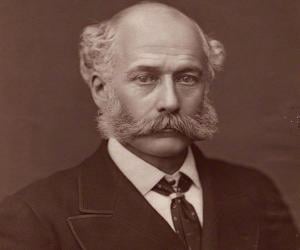
British civil engineer Joseph Bazalgette was the man behind the development of the sewage system of London. He was later knighted for his achievements and had also served as the president of the Institution of Civil Engineers. Another notable work of his was the Hammersmith Bridge.
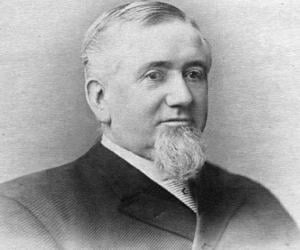
One of his parents’ 10 children, George Pullman initially took over his father’s carpentry business and secured contracts with New York for the Erie Canal project. The founder of the Pullman sleeping car and a company town, Pullam was criticized for using the military to violently end the 1894 Pullman Strike.
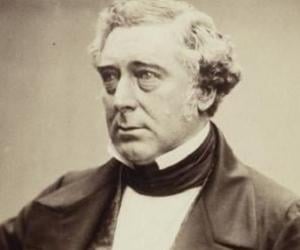
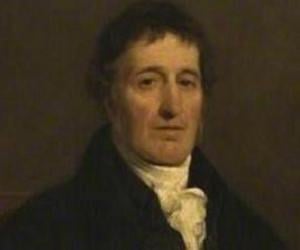
Scottish engineer William Murdoch initially worked for the firm of Matthew Boulton and James Watt. He later made a host of inventions and was the first to use coal gas for illumination. He was also known for his work on steam energy and invented the oscillating engine and the D slide valve.
Granville Woods was 10 when he began working at a machine shop, while continuing his studies at a night school. He grew up to become a steam locomotive engineer and earned the nickname the Black Edison for his countless inventions, most of which were related to electrical systems for railways.
Inventor and entrepreneur George Westinghouse was mostly responsible for introducing the U.S. to alternating current (AC). Initially part of the army and the navy, the talented engineer began his journey of inventions with the rotary steam engine and went on to invent several products, such as air brakes.
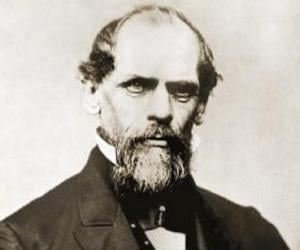
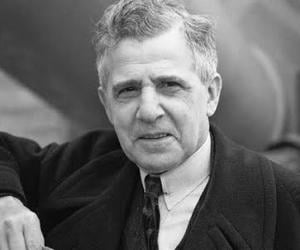
Best known for designing the Golden Gate Bridge, engineer Joseph Strauss specialized in movable bridges and developed the concepts of the bascule bridge and the vertical-lift bridge. Born to a pianist mother and a painter-writer father, he later also penned poems such as The Mighty Task is Done.
Charles F. Kettering was an American engineer, inventor, and businessman. Kettering is credited with founding Delco Electronics Corporation. Holder of 186 patents, Kettering is also credited with the invention of Freon refrigerant for air conditioning and refrigeration systems. Over the course of his career, Charles F. Kettering won prestigious awards like the IEEE Edison Medal, Hoover Medal, and Franklin Medal.
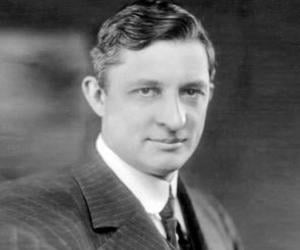
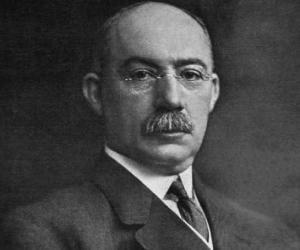
Best known for creating the Gantt Chart, a management tool used for scheduling tasks, mechanical engineer Henry Gantt had been a disciple and colleague of Frederick W. Taylor. He also prepared ground for the Human Relations School of management and spoke about the social responsibility of business.
George Meade was a civil engineer and United States Army officer best remembered for decisively defeating Robert E. Lee in the American Civil War. After the war, he played an important role during the Reconstruction era. As a civil engineer, George Meade was involved in the construction of many lighthouses.
Gottlieb Daimler was a German engineer, industrialist, and industrial designer. A pioneer of automobile development and internal combustion engines, Daimler is credited with inventing the liquid petroleum-fueled engine. In 1978, Gottlieb Daimler was inducted into the Automotive Hall of Fame.
Apart from being a socialite, Emily Warren Roebling was also a skilled engineer. She took over the reins of designing the Brooklyn Bridge when her husband, the chief engineer of the project, Washington Augustus Roebling, was rendered bedridden. She went against the grain and earned a law certificate, too.
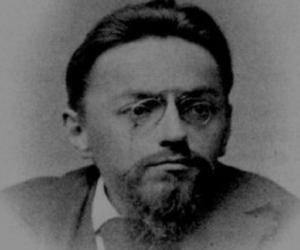
Though German-born American mathematician and engineer Charles Proteus Steinmetz suffered from a deformed back since childhood, he excelled in math, physics, and classical literature. His ideas on alternating current (AC) systems initiated the electrical era in the US. By the time he died, he had over 200 patents under his name.
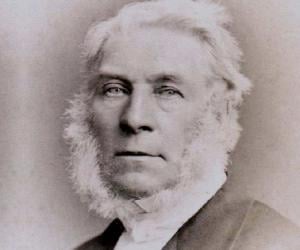
Renowned meteorologist and aeronaut James Glaisher was a pioneer of balloon flights and had penned the iconic book Travels in the Air. He had also contributed to the formation of the Meteorological Society and the Aeronautical Society of Britain. The 2019 movie The Aeronauts depicts his exploits as a balloonist.
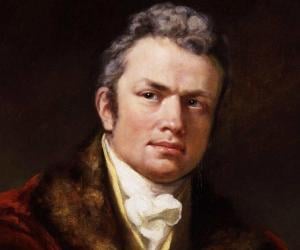
French-British engineer Marc Isambard Brunel is best known for constructing the Thames Tunnel and had been the chief engineer of New York City. He had also spent time in a debtor’s prison for his association with loss-making projects. He was the father of renowned engineer Isambard Kingdom Brunel.
Richard Trevithick was a British mining engineer and inventor. A pioneer of rail transport and steam-powered vehicles, Trevithick is credited with developing the first working railway steam locomotive and the first high-pressure steam engine. He was a highly respected figure in the fields of engineering and mining during the peak of his career.
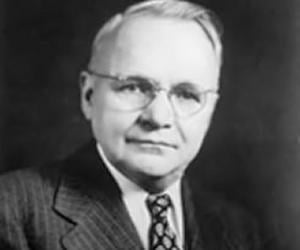
Harry Nyquist was a Swedish electronic engineer and physicist best remembered for his contributions to communication theory. His work earned him many prestigious awards such as the IRE Medal of Honor, the Stuart Ballantine Medal, and the Rufus Oldenburger Medal. Harry Nyquist is also remembered for his association with Bell Telephone Laboratories.
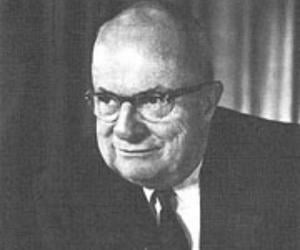
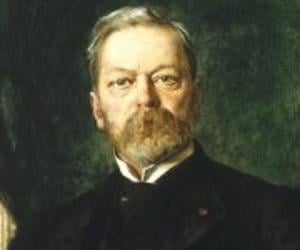
Engineer Washington Roebling is largely remembered for co-designing the Brooklyn Bridge with his father, John Augustus. He also worked as part of the Union Army during the Civil War. A perfectionist, he was once found unconscious in a compressed-air chamber at work, and that affected him permanently.
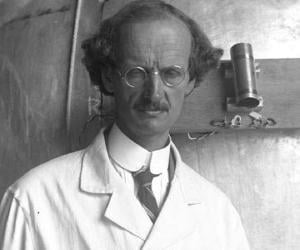
Swiss-born Belgian physicist Auguste Piccard is best remembered for his research on the Earth’s upper stratosphere. He designed his own ships to explore the depth of the seas and also built balloons to study cosmic rays. His bathyscaphe remains one of his best-known inventions. He also co-discovered the magnetocaloric effect.
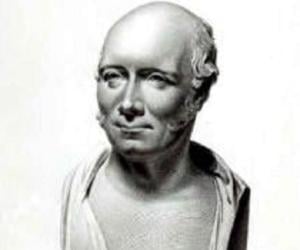
Glasgow-born civil engineer Robert Stevenson initially built lighthouses as part of the Scottish Lighthouse Board. Apart from constructing the Bell Rock Lighthouse in Scotland, he also invented the hydrophore and flashing lights. He was also the grandfather of writer Robert Louis Stevenson. He is part of the Scottish Engineering Hall of Fame.
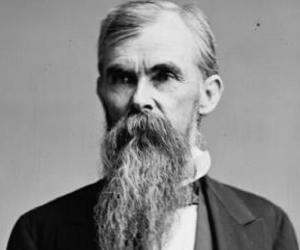
Engineer William Mahone wasn’t just a railway tycoon associated with the Norfolk–Petersburg Railroad but was also part of the Confederate Army. He was one of the major leaders of Virginia’s Readjusters, a coalition of African-Americans and financially backward whites. The US senator later sided with the Republican Party.
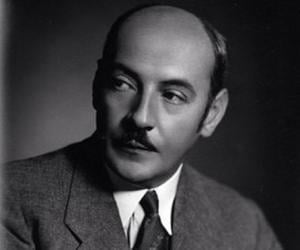
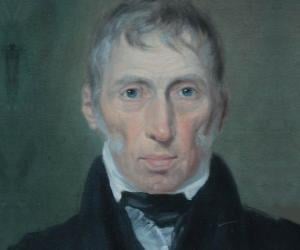
Scottish engineer John Loudon McAdam introduced the world to the macadam road surface, which was more economical and effective than all previous road-construction methods. He suggested that roads should be constructed at an elevated level for better drainage. He also became Britain’s Surveyor-General of Metropolitan Roads.
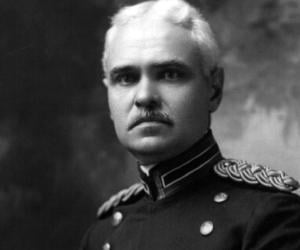
George Washington Goethals was an American civil engineer and US-Army General remembered for his role as an overseer of the construction of the Panama Canal. He also served as the first Governor of the Panama Canal Zone from 1914 to 1917. Goethals has been honored with several tributes, including the Society of American Military Engineers' establishment of the Goethals Medal.
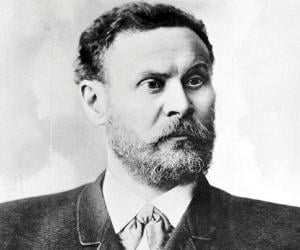
German aeronautical engineer Otto Lilienthal became the first known person to use gliders for a successful flight. A mechanical engineer, he owned a shop and flight factory and developed gliders, with which he completed around 2,000 flights. Lilienthal, however, died after breaking his back in a glider crash.
Son of French Revolutionary leader and mathematician Lazare Carnot, Sadi Carnot was an engineer in the French army. He later laid down the Carnot cycle of heat engines. Much of his works were buried with him when he died of cholera at 36, due to the contagiousness of the disease.
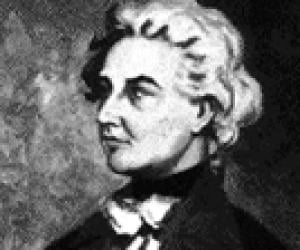
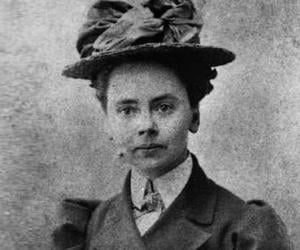
Julia Morgan was an American engineer and architect who is credited with designing over 700 buildings in California. She was the first woman to study at the Beaux-Arts de Paris and the first woman to be honored with the AIA Gold Medal, which was conferred upon her posthumously. She also received a posthumous induction into the California Hall of Fame.
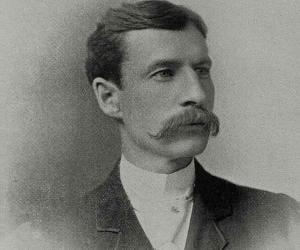
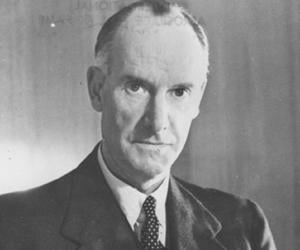
Aviation pioneer and aircraft designer Geoffrey de Havilland is best remembered for his double-engine warplane Mosquito and the jet airliner Comet. He was part of the Royal Flying Corps and had been knighted for his achievements. He was also the founder of the De Havilland Aircraft Company.
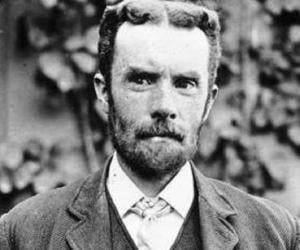
Oliver Heaviside was an English mathematician and physicist. He invented a new technique for solving differential equations and independently developed vector calculus. He is also credited with rewriting Maxwell's equations in the form commonly used today. He formulated the telegrapher’s equations and invented the Heaviside step function as well. In 1922, he received the Faraday Medal.
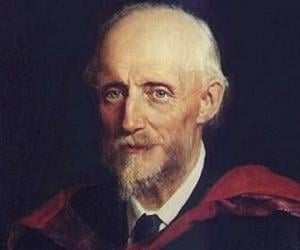
Osborne Reynolds is best remembered for revolutionizing the fields of hydraulics and fluid dynamics. Born to a clergy father who was also a mathematician, Reynolds developed an interest in mechanics early in life. Reynolds was the first engineering professor at Owens College, Manchester, and also a Royal Society fellow.
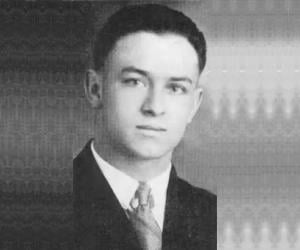
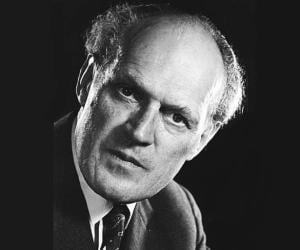
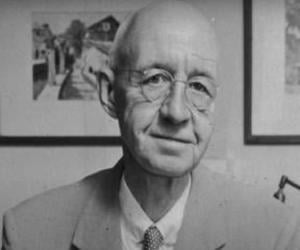
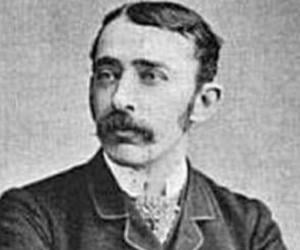
John Ambrose Fleming was an English electrical engineer and physicist. He is known for inventing the first thermionic valve or vacuum tube and designing the radio transmitter with which the first transatlantic radio transmission was made. Along with Douglas Dewar and Bernard Acworth, he helped establish the Evolution Protest Movement. Fleming was also a noted photographer and artist.
